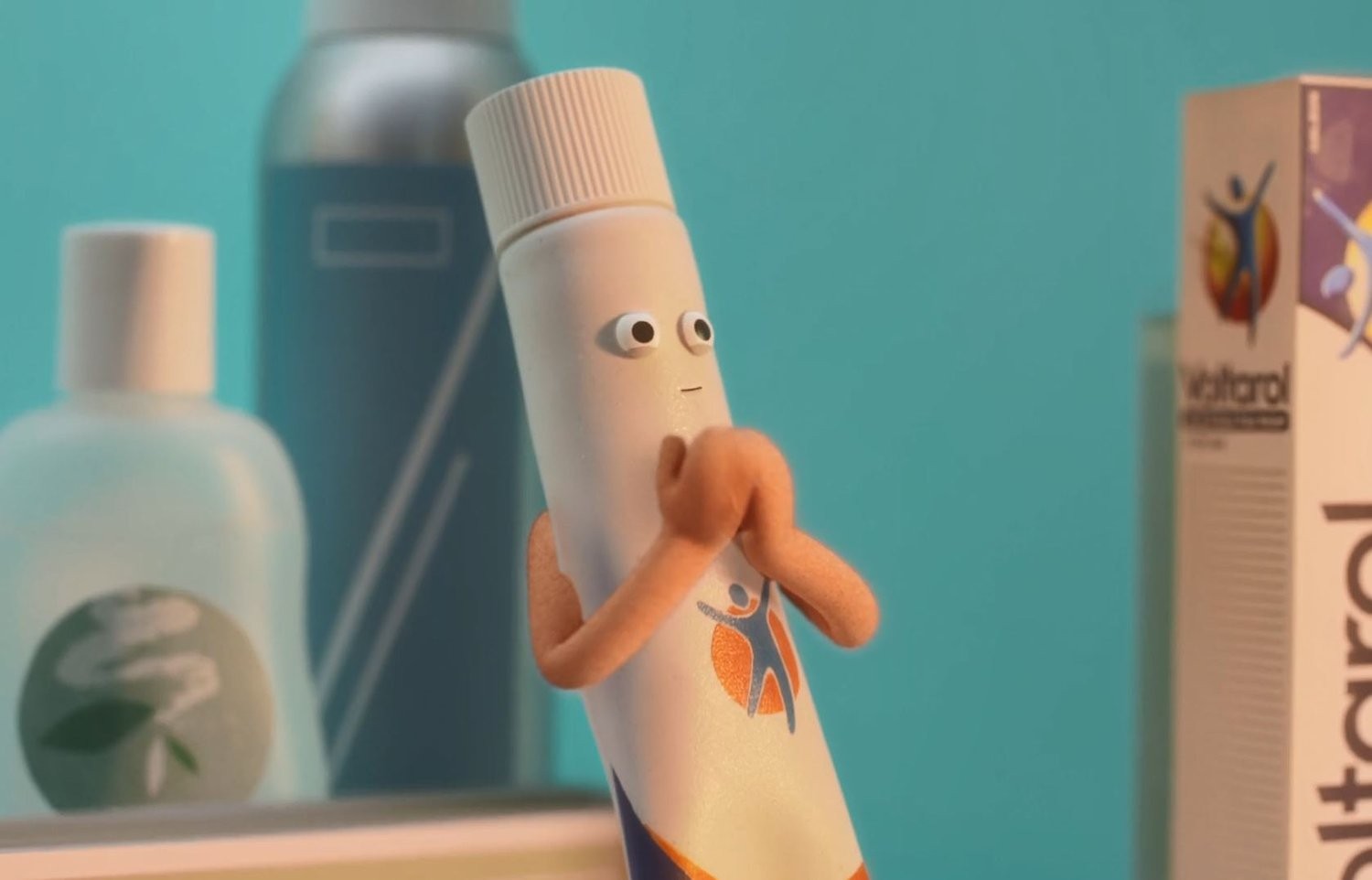We caught up with the brilliant and insightful Shina Lee a few weeks ago and have shared our conversation below.
Shina, looking forward to hearing all of your stories today. Can you recount a story of an unexpected problem you’ve faced along the way?
Honestly speaking, many of the challenges I’ve faced in my career (both as a graphic designer and art director) often boiled down to me not being American, and thus feeling super stuck whenever I had to come up with or tap into insights about the local market–all of which is essential in creating ads or designs that resonate with people. Beyond that, I felt I couldn’t often even relate to many of my coworkers, which was pretty isolating.
Interestingly enough though, a few years in, this same struggle that constantly held me back also ended up propelling me to new professional heights. It led to me being put on projects for international clients, where my global perspective would be an asset rather than liability, and so afforded me creative opportunities very few creatives would enjoy so early on in their career. So, in a way, it just goes to show that anything can be a pro or a con, depending on how you look at it.

As always, we appreciate you sharing your insights and we’ve got a few more questions for you, but before we get to all of that can you take a minute to introduce yourself and give our readers some of your back background and context?
My name is Shina, and I’m an art director with a graphic design background, working in the creative/advertising industry in New York City.
Me stumbling into the creative industry is honestly what Bob Ross would call a “happy accident”.
I attended school in Singapore, and by high school, was taking every single subject available (I guess Americans would call it AP-ing everything lol) just because, well, why not? Culturally, where academics were concerned, the expectation was “if you can, you should. And if you should, you must.” But upon graduating, the only sentiment I was left with was “wow I got to do everything, only to learn I don’t want to do any of those things”.
At that point, purely by process of elimination, I realised the one thing I never got to do was art. So, against the advice of everyone who knew me, I enrolled in a design school. It was there that I’d end up finding not only lifelong friends and mentors, but also (cheesily enough) my calling. Figuring out that being a creative meant constantly challenging yourself to think laterally yet strategically, to solve business and/or social problems with art, allowed me to finally find that something I see myself doing indefinitely.
After that I went to another design college, this time in LA, to specialise in advertising, before staying in the States for work. I’ve since had the honour of working with some crazy smart people on some crazy exciting things, across too many sectors to count. In a few short years, I’ve gotten to do everything from shooting a multi-million dollar commercial on a Uruguayan cliff’s edge, to building a waterslide down the stairs of a baseball stadium, to even writing script beats for that Vice show Most Expensivest. If that isn’t range I don’t know what is lol.

What do you find most rewarding about being a creative?
Selfishly, that I get paid to basically have fun solving puzzles in out-of-the-box ways all day, every day.
But the fact that our industry has so much influence on what (and who) appears in media is also something I appreciate and don’t take lightly.

Is there something you think non-creatives will struggle to understand about your journey as a creative? Maybe you can provide some insight – you never know who might benefit from the enlightenment.
That our work never truly stops. And even when it does, we don’t stop thinking about it. We can’t stop thinking about it.
Back in college, I had a teacher (shoutout to Mr. Koji) who gave us what he called “a never-ending assignment”, where you’d basically look around at mundane things no one notices or cares about, and try to reframe them in a novel way, before presenting 3 each week for a whole semester. I suppose it’s similar to what stand-up comics do to get their material. It’s also a lot harder than it sounds haha.
At the time, we all thought it was “never-ending” because, well, it spanned the entire semester. But in reality, it’s because what Koji was really imparting upon us was the *habit* of looking at the world through questioning eyes, and thinking laterally about absolutely everything. For the rest of your life.
I’d like to think his assignment worked.



